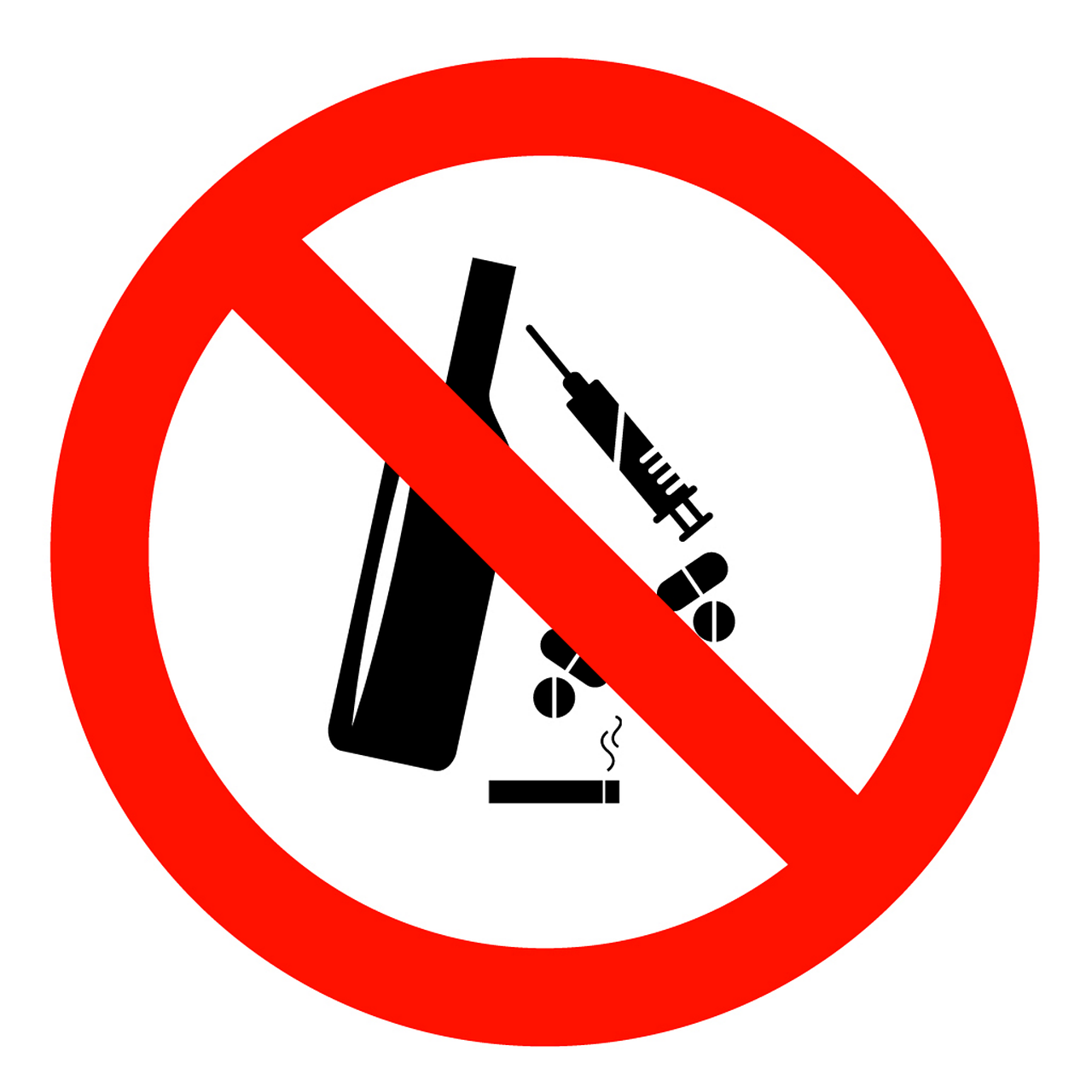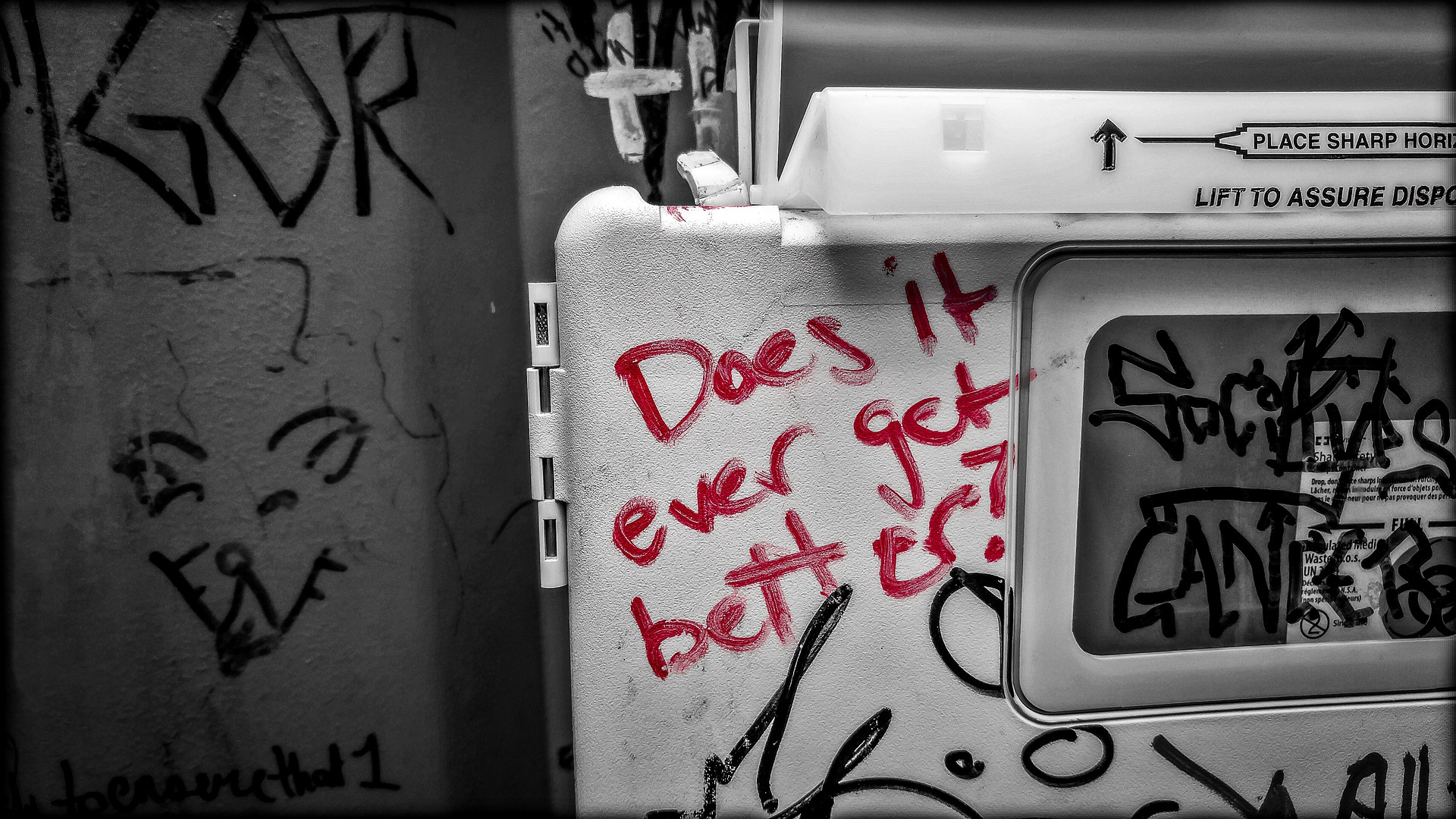Being one of the most developed countries globally, America faces a significant problem concerning substance abuse and rehabilitation. Although the country is well equipped with proper drug and alcohol rehab centers, it still battles against substance abuse, especially teenagers. America has approximately 14,000 treatment facilities, but people still face problems using those, mainly because of social stereotyping.
Despite all the taboos centered around seeking help concerning substance abuse, people who wish to avail such facilities may search by describing “alcohol and drug rehab centres near me” to restore their lives into the mainstream.
Substance abuse refers to the uncontrolled and harmful use of psychoactive drugs such as alcohol, pain medications, or illegal drugs like marijuana, cocaine, ecstasy drug, etc., leading to physical, social, or emotional harm. It also involves the overdose of cough syrups, expectorants, weed, e-cigarettes, diuretics, laxatives, and insulin injections. Substance abuse is a form dependent disorder. The individual engaging in this activity is highly dependent on either alcohol or any kind of drug for affective and psychological well-being.

Image source: https://pixabay.com/illustrations/anti-drugs-anti-alcohol-alcohol-2353346/
The causes
Although the specific cause of this disorder is still not known, substance abuse can arise from several circumstances. Some of those causes are:-
- Stress is one the most prominent reasons for substance abuse as a significant behavioral and psychological disorder in individuals. Stress may come in many ways, such as—spouse’s death, divorce, jail term, retirement, etc. Hence, drugs and alcohol are mainly used to cope with these external stressors.
- Feelings of pleasure – the majority of drugs and alcohol induce a sense of happiness and relaxation. It is also used as a means of hiding emotions or an attempt to escape reality temporarily. Alcohol or drugs avoid the root of all harmful and stressful feelings. These are replaced with a false sense of well-being, reinforcing the abusive behavior rather than reducing it.
- The cycle of triggers and cravings is a vicious one. As an individual delves deep into drugs and alcohol use, he or she unknowingly develops specific cues that tend to trigger and positively reinforce the behavior of seeking the substances that are being abused.
- Peer groups are an essential component in development during adolescent years. The need for acceptance, approval, validation, and belonging, often causes teenagers and young adults to drift away from parents and positive influences, only to be lured into risk-taking behaviors, substance abuse, disciplinarian issues, etc.
Common Symptoms of Substance Abuse
- Balance problems
- Mood changes.
- Diminished reflexes.
- Drowsiness or euphoria.
- Impaired memory.
- Slurred speech and poor vision, and others.
Risks of substance abuse
- Brain damage, memory loss, and ADHD.
- Cancer.
- Cardiac arrest and cardiovascular diseases.
- Liver and kidney problems.
- Stupor or coma and others.
The uncontrolled use of alcohol and drugs prompts an individual to seek help in rehabilitation, which introduces a regime in one’s life.
The World Health Organisation comments that rehabilitation is a set of interventions formulated to optimize functioning and reduce disability in individuals with particular health conditions. This, in turn, enhances an individual’s interaction with his or her environment, inclusive of all social components. It is used by people with injuries, illnesses, problems of drug and alcohol abuse, etc.
Even though rehabilitation is a potent means of restoring people to their everyday lives, there are certain misconceptions around rehabilitation, which causes individuals to doubt the effectiveness and efficiency of regimental treatment offered.

https://pixabay.com/photos/writing-graffiti-addiction-6064913/
8 most common myths about alcohol and drug rehab
- There is a widespread misconception among people that rehabilitation facilities are only for celebrities and privileged people. However, this is not the case, as rehab centers are meant to be accessed by people from all socio-economic backgrounds.
- group of people believes, availing of rehab facilities implies that the individual has ‘hit rock bottom.’ These people are stereotyped as being either homeless or desperately in debt or disowned by family members. Concerning this false perception, it is seen that many individuals who are “highly functioning” go to rehab centers and seek help in coping with addiction and substance abuse.
- It is believed that one can get out of the substance-abusing behavior alone, but it is not valid. Although the desire to quit an abusive substance is crucial in successfully overcoming that addiction, this alone does not help a person. Rehab centers enforce a regime that prevents the reinforcement of cues that trigger the cravings for drugs, alcohol, etc. An individual cannot do this on their own as it may result in reverting to addiction.
- An unfortunate misconception about rehab is that it cures addiction. No rehabilitation facility is equipped to completely cure addiction and behavior associated with substance abuse (especially drugs and alcohol) as it is a chronic and relapsing condition. It stems from psychological states of mind such as stress, anxiety, aggression, etc. However, you cannot cure it entirely but can curb the craving to a great extent.
- According to many, who tend to stereotype the concept of rehab, there is no point in going back to rehab after the first time. If one goes to rehab and is not successful in overcoming the addictive behavior, they perceive it as a failure. However, this first attempt acts as a head-start for another phase of partial recovery from a vicious cycle of relapsing addiction. This cannot be arrested in one go. Any psychological treatment takes time to be treated correctly. Thus controlling habits in an individual is also a time taking process. Hence one must go back to rehab and seek the next stage of help that is offered.
- Another common myth about drug and alcohol rehabilitation is losing their job if help is sought as rehab. But they fail to realize that this rehabilitation can save their lives. And now, there are many Employee Assistance Programs, which guarantee job stability, even after rehab.
- Availing rehab facilities attributed to character flaws. Drug and alcohol addiction are stereotyped in society as being signs of character defects. However, these addictions are caused by several reasons such as – stress, depression, peer pressure, etc.
- Individuals believe that addiction treatment must be desired for a cure. However, this is not at all desirable, as people going through this undergo tremendous societal pressure. Therefore, rehab is not desirable but is mandatory in severe cases.
Conclusion
The misconceptions about substance abuse and drug and alcohol rehab stem from a lack of proper knowledge and ignorance. The idea of seeking psychological help in any form is still tabooed in society, and this can be controlled only by spreading awareness and normalizing treatment related to substance abuse.
This is a Contributor Post. Opinions expressed here are opinions of the Contributor. Influencive does not endorse or review brands mentioned; does not and cannot investigate relationships with brands, products, and people mentioned and is up to the Contributor to disclose. Contributors, amongst other accounts and articles may be professional fee-based.
